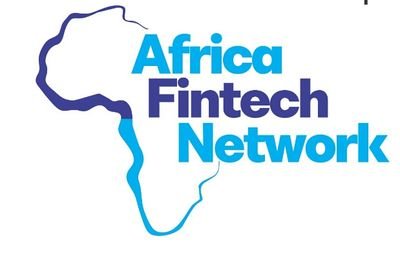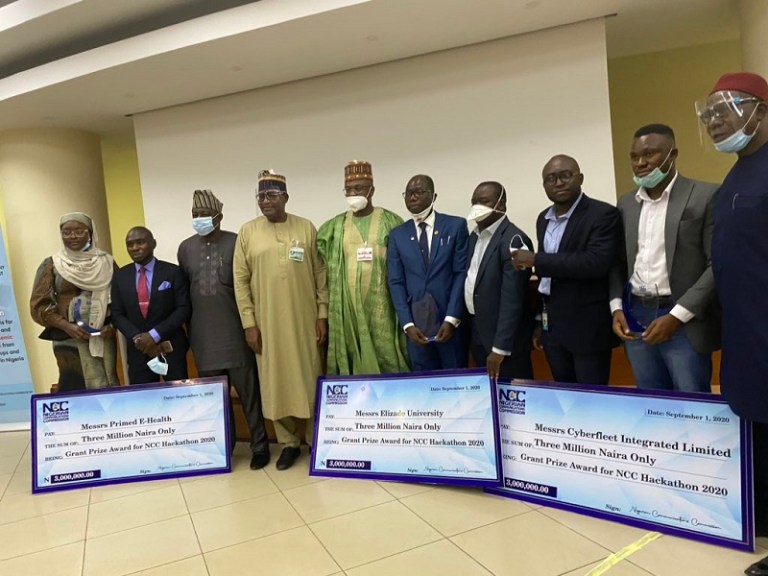Even though the nation’s telecoms regulator, Nigerian Communications Commission (NCC) has been struggling to explain how the country suddenly jumped from 21 per cent in August 2018 to 30.9 per cent broadband penetration by December same year and 32.34 per cent in January 2019 using mobile data, the sustainability of the growth shall continue to be limited for a long time.
This is based on the fact that the growth of data revolution is driven by mobile internet and not fixed broadband which remains the best worldwide.
This was the executive summary of the position of leading data scientist and managing director, Internet Exchange Point of Nigeria (IXPN), Mr. Muhammed Rudman in an interview.
According to him, “The ship has sailed – We allowed the largest fixed telephone network operator to go under, NITEL would have been the perfect vehicle to deliver fixed broadband”.
He decried that “Most countries strengthen and privatize their national carrier before providing license to other operators that is why today companies such as British Telecoms, France Telecoms and South African telecoms are still in existence. Unfortunately building such companies requires huge investment; hence it would be very difficult to go that route these days, especially with advent of wireless technology.”
Otherwise, the ease in the deployment of mobile communications as well as the challenges in the building telecommunications infrastructure required for fixed service have forced the country to depend largely on mobile data service.
And that further explains why the misplacement of priority which analysts see as national disaster and error will continue to haunt the nation’s drive to nationwide broadband access.
Today, Nigeria is shamefully seating at 134th position on global fixed broadband speed with 10.90 Mbps download which pundits say cannot effectively drive bulk of needs for enthroning knowledge economy.
This disturbing analogy on Nigeria’s journey to knowledge revolution is further explained by the InfraFocus Technologies boss, Mr. Oladipo Raji, who averred that “Mobile data is cheap and limited in terms of what one can do with it; fixed data supports a lot of applications such as Pay TV among others. The only way forward is to segment the market and focus on infrastructure build out that will take services to rural areas.”
This further gives credence to the latest report released by cable.co.uk on the cost of mobile data worldwide where Nigeria is abysmally occupying 44th position with an average cost of 1GB at $2.22 approximately N800.
In his argument, president of the Association of Telecommunications Companies of Nigeria (ATCON), Engr. Olusola Teniola revealed that “The costs typically are made up of IP transit costs (London-to-Lagos) + IP-peering + national terrestrial costs + last mile costs”.
Continuing, he stressed that “Even at USD$2.22 average, it appears that the sample was taken with delivery in Lagos (only) where average 1Gb data / month costs typically NGN800 per sub on the best mobile broadband package.
“Nigeria was placed fourth in Sub-saharan Africa. The broadband market analyst firm stated that; “Contrary to what one might expect, ten out of the top 50 cheapest countries in the world for mobile data are in Sub-Saharan Africa. This is in stark contrast to the cost of broadband on the continent, which is almost universally very high or non-existent.
“Rwanda and Sudan feature in the top ten, with 1GB of data costing just $0.56 and $0.68. Sub-Saharan Africa also lays claim to the most expensive nation in the world for mobile date: Zimbabwe, whose average cost for 1GB of mobile data is an eye-watering $75.20, while its most expensive gigabyte is an even more shocking $138.46,” ATCON boss lamented.
However, Business Hilights investigations showed that the chances of turning the table broadband penetration misfortune in Nigeria is slim as licenced Infrastructure Companies (Infracos) who are supposed to ride on the Open Access Model to flood fibre nationwide is having serious issues with states in accessing Right of Way (RoW) and multiple taxation.









